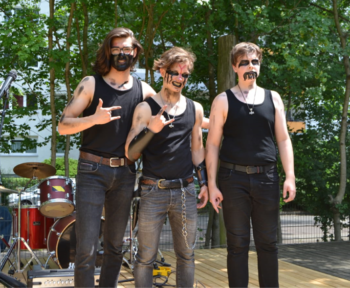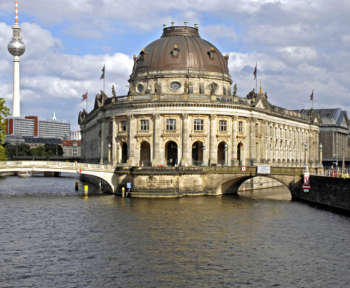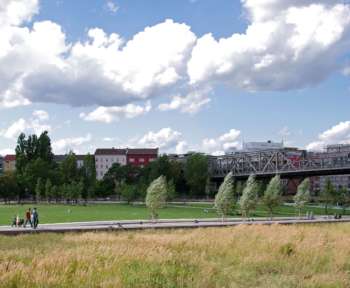We’ve by now all heard of the Amazonas fires, which in the past weeks have swept the media and went viral, with hashtags like #prayforamazonas following. But what are the consequences of one of our biggest forests burning down?
We’ve by now all heard of the Amazonas fires, which in the past weeks have swept the media and went viral, with hashtags like #prayforamazonas and #amazonasfire following. The rainforest is the world’s largest carbon sink, absorbing about 2.2 Billion tons of carbon dioxide in a year, and plays a significant role in global climate change. The Amazonas fires hit the news on the 15 of August, but have been happening all year, since this year there have been unusually high temperatures following the dry season. The cause of the fires is mainly the deforestation in the slash-burn method to make way for livestock and agriculture, by cutting and burning plants, and even though this is generally illegal, the enforcement can be lax.
However, this is not the only place where our planet is burning. There have been raging wildfires in parts of the Arctic, as well as in areas of Siberia, Alaska, Greenland and Canada. Although wildfires are common at this time of the year, the dry ground, hot temperatures, heat lightning and strong winds are at a unprecedented high, blowing this out of proportion. In Russia more than 30.000 km2 of remote forest is burning, an area bigger than Belgium. The smog is causing several regions in Russia to declare states of emergency. The smoke from the fire is blowing to major cities like Novosibirsk, blotting out the sun and making it difficult for some people to breathe. In Alaska, 105 large fires burned 9.000 km2 of land, induced by lightning strikes. Canada reported 3.873 wildfires burning 18.000 km2 of forest.
So, what is the impact of these fires? To be frankly honest the impact is just as big as the scientists have predicted. Harmful pollutants and toxic gases are released into the atmosphere, which can be dangerous to animals and humans the like. Another critical byproduct of the fires is the soot in the air, which absorbs the sunlight, therethrough warming the atmosphere. If the soot falls on ice or snow, it reduces the reflectivity and can trap more heat, which speeds up the melting process. This then again releases carbon dioxide and methane into the air, some of which has been held in the ground for thousands of years, warming up our planet even more.
You might be thinking, something needs to be done to stop these fires, and something is being done. Vladimir Putin ordered the Russian army to help tackle the fires along with planes and helicopters with fire-fighting equipment. The residents have been critical since then, calling for tougher action after the Russian authorities declared they were not planning on putting out the fires in remote, uninhabited areas, because they were no direct threat to people. Many argue, that the Notre Dame fire received far more media attention and support than the burning of our own planet. But there is a problem that arises in the Arctic for extinguishing the fires. First, the cost of firefighting across huge regions would be gigantic, as Russian forces are concentrated on the wildfires in Siberia and not the Arctic as a whole. Second, putting out the fires leaves the soil rich in dead plant matter, which also leaves more highly flammable fuel on the landscape for the next years, a problem that many blame for the catastrophic fires in other states.
It raises the question, if these measures will only help short term or if we all, people, as well as the government, need to change the way we live and perceive climate change. Fires, hot temperatures, droughts, these are all a product of climate change, which is very real and happening right now. We need to act immediately, whether it be through less meat consumption, the use of renewable energy at home or reducing plastic waste. But what we also need to do is educate ourselves about this crisis and then educate others, so people know about it and can make decisions, for example if they really need to eat meat for the fourth time in the week, when they know areas are burning because of it. We need to solve this as a collective, else there will be no turning back.










